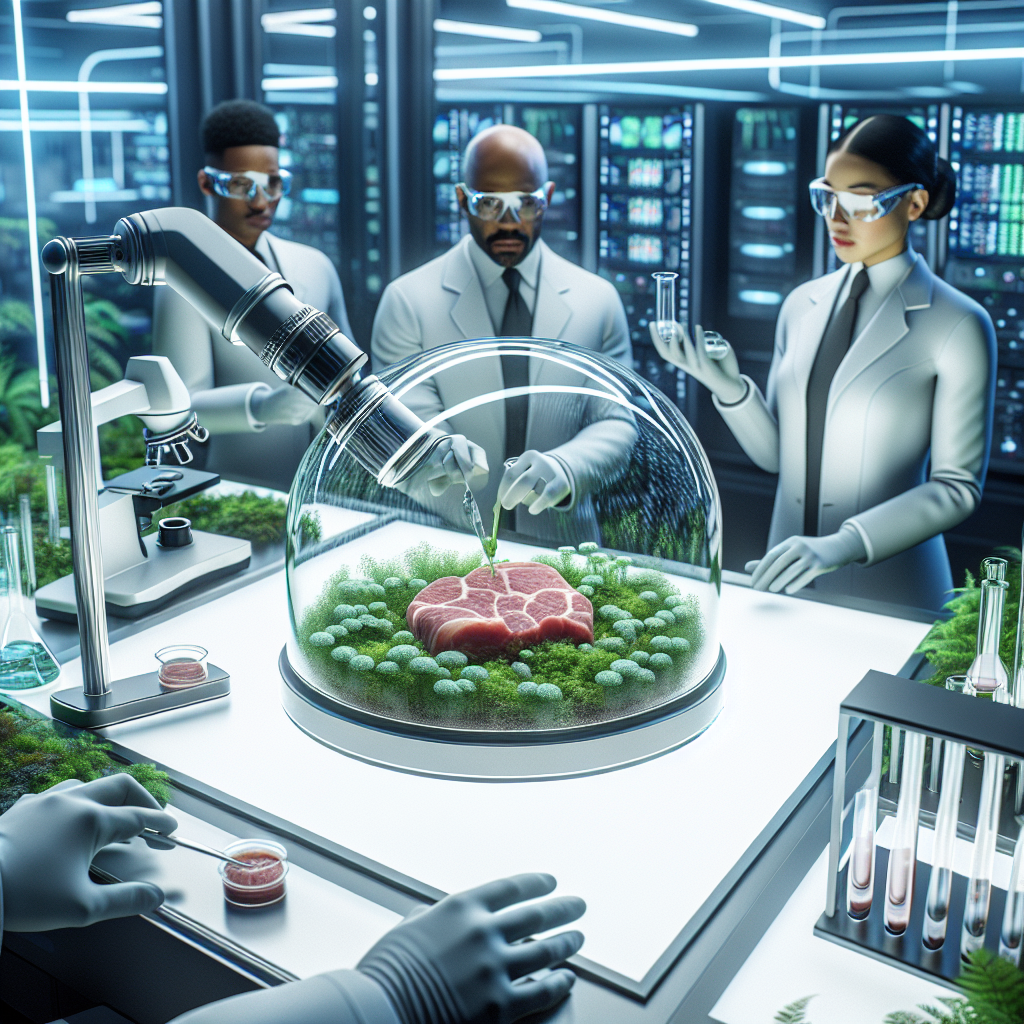Can Lab-Grown Meat Save the Planet?
The concept of lab-grown meat has transitioned from a scientific curiosity to a potential ecological lifesaver. As the global population continues to rise, the demand for sustainable food solutions becomes critical. This article delves into how lab-grown meat could significantly reduce environmental degradation and help meet the world’s protein needs without the extensive environmental impact of traditional livestock farming.
The Environmental Impact of Traditional Meat
Traditional livestock farming is one of the largest contributors to environmental issues such as deforestation, water scarcity, and greenhouse gas emissions. According to the United Nations Food and Agriculture Organization, livestock accounts for nearly 14.5% of all anthropogenic greenhouse gas emissions. source
How Lab-Grown Meat is Produced
Lab-grown meat, also known as cultured meat, is produced by cultivating animal cells directly in a lab setting. This method does not require the rearing, slaughtering, or feeding of animals. Cells are harvested and grown in bioreactors, where they multiply to create muscle tissue, the main component of the meat we eat.
Sustainability Benefits of Lab-Grown Meat
The production of lab-grown meat has the potential to drastically reduce the environmental footprint of meat consumption. Research suggests that cultured meat could require up to 45% less energy, reduce land use by up to 99%, and cut greenhouse gas emissions by up to 96% compared to conventional meat production.
Challenges and Future Prospects
Despite its benefits, the widespread adoption of lab-grown meat faces several challenges. These include scaling up production to meet global demand, reducing high production costs, and overcoming consumer skepticism regarding this new technology. However, ongoing research and technological advancements are continually improving the viability and acceptance of cultured meat.
Conclusion
As the world grapples with the pressing need for sustainable food sources, lab-grown meat presents a promising solution. It offers a way to enjoy the meat we love while mitigating the environmental impacts associated with traditional meat production. With continued innovation and investment, cultured meat has the potential to play a pivotal role in our sustainable future.


